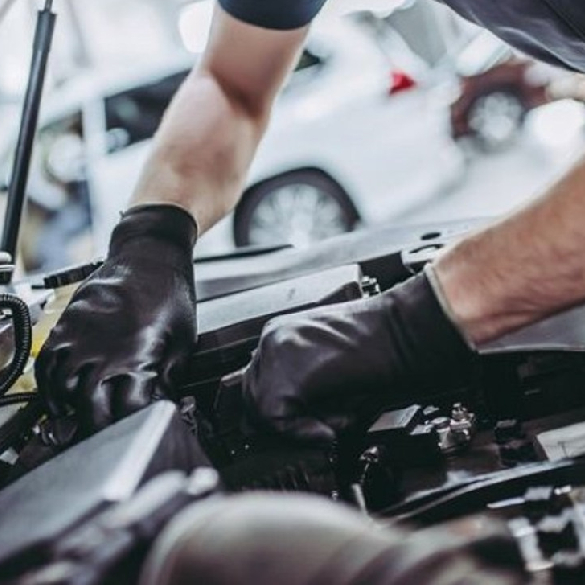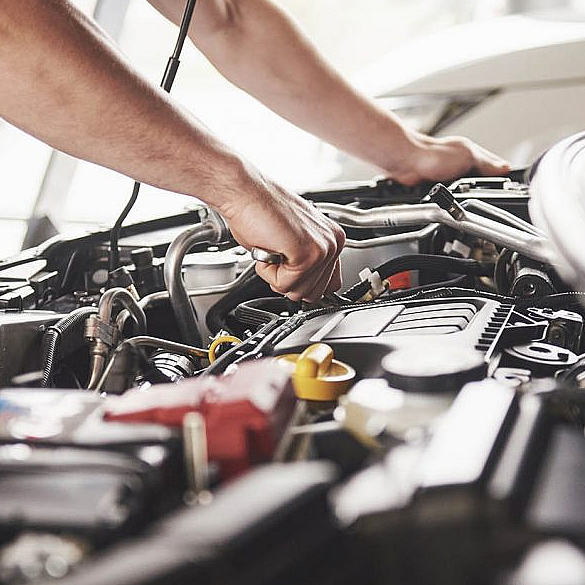- Home
- Major & Minor Car Services in Dubai

What Is the Difference Between Minor and Major Car Service?
Frequency and Purpose
When it comes to car maintenance, understanding the difference between minor and major service is essential for keeping your vehicle in peak condition.
- Depending on your driving habits and the manufacturer's maintenance schedule, a minor service is typically required every 10,000 km or once a year.
- A major service is more comprehensive and is usually done every 20,000 to 30,000 km or every 2 to 3 years.
Both aim to ensure your car runs smoothly, safely, and efficiently. Regular servicing helps prevent costly breakdowns, increases fuel efficiency, and extends your vehicle's engine life. Consider minor servicing as routine check-ups, while major servicing is a full health exam for your car.
What Gets Checked and Replaced
The depth and scope of work is where the real difference lies
Minor Service Includes:
- Engine oil and oil filter replacement
- Air filter and AC filter cleaning
- Tire pressure check and rotation
- Car battery test, brake inspection, fluid top-ups, and visual inspection for potential car battery replacement if necessary
- Visual inspection of key systems like suspension and lights
Major Service Covers All Minor Tasks Plus:
- Spark plugs and drive belt replacement
- Transmission fluid and coolant change
- Full system diagnostics, including electrical and mechanical checks
- Fuel system service, cabin air filter, and brake fluid replacement
- More time-intensive inspection based on logbook recommendations
In short, minor service covers the essentials, while major service involves a comprehensive maintenance checklist aligned with your car service schedule.

Common Signs Your Car Needs Servicing
Ignoring the early warnings could lead to major repairs and costly downtime. Here are the most common signals that it's time to book a minor or major service in Dubai:
Warning Dashboard Lights
When a light suddenly flashes on your dashboard, whether it's the check engine, car battery warning, or brake system alert, your car tells you something isn't right. These lights often signal underlying issues that need diagnostic checks, fluid level inspections, or battery testing.
Unusual Sounds or Vibrations
Hear a squeal when you brake? A rumble under the hood? Maybe a vibration through the steering wheel? These are not normal. They could point to worn brake pads, wheel misalignment, or even a failing suspension system
Reduced Performance or Fuel Efficiency
If your car feels sluggish, doesn't accelerate like it used to, or you're visiting the petrol station more often, it may be due to dirty air filters, spark plug issues, or old engine oil. These small problems can quickly turn into big ones if left unchecked.
Brake or Steering Response Issues
A spongy brake pedal or a stiff steering wheel can be dangerous. These issues may relate to brake fluid, the power steering system, or worn drive belts. Don't risk your safety; get it checked as part of a comprehensive inspection.
Pro Tip: Have you noticed even one of these signs? Depending on how long it's been, it might be time for a minor service or even a more detailed major service. Acting early can prevent costly repairs later.



